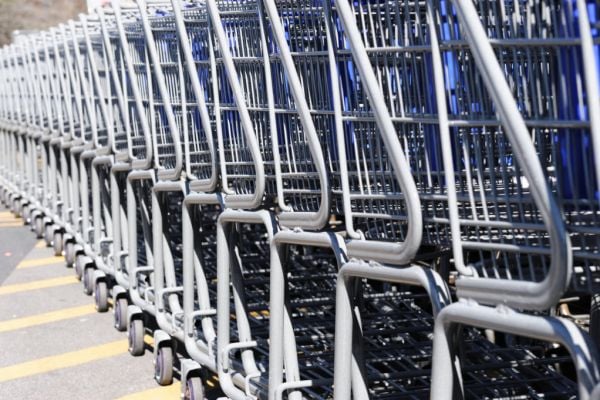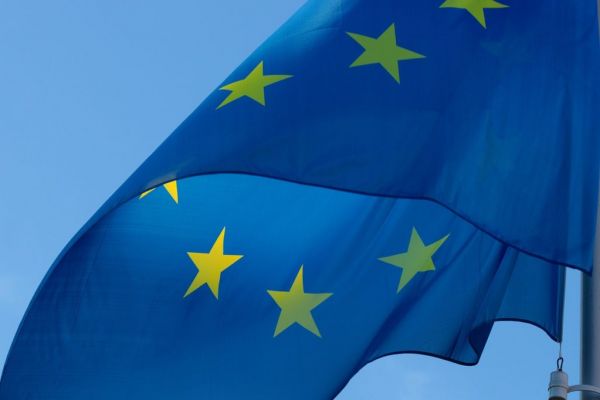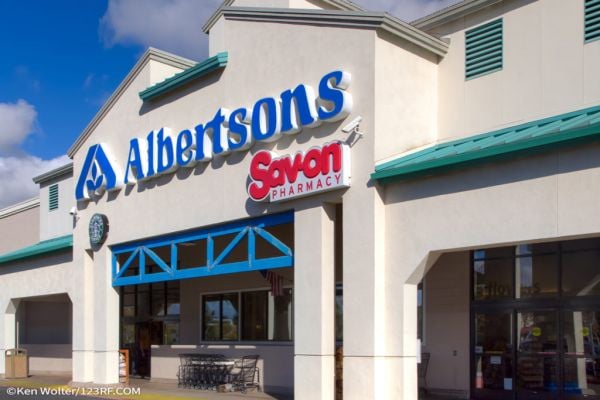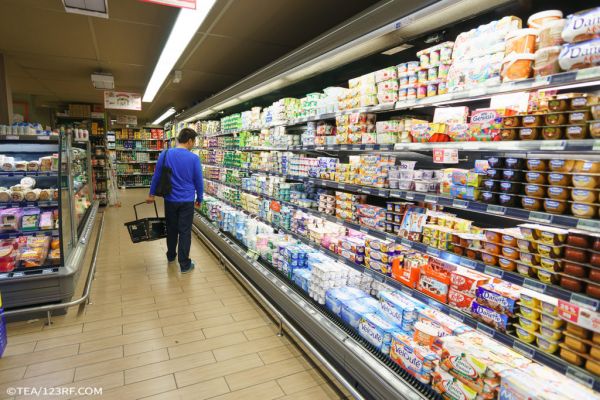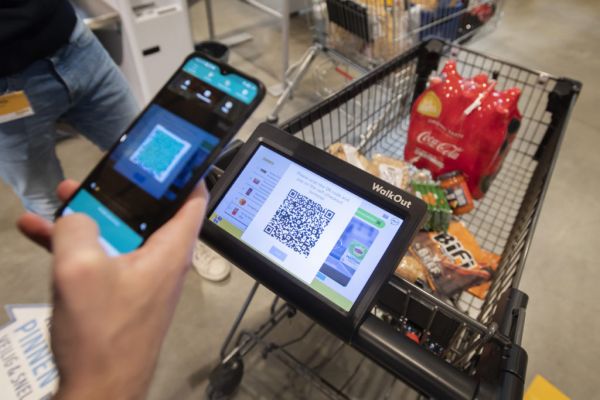German retailer Kaufland is celebrating its 50th anniversary this month, with the rollout of a new motto 'Frisch wie nie!' ('Fresh like never before').
From its first store opening in January 1968 in the small Swabian town of Backnang, Kaufland has grown to be one of Europe's biggest retail players, posting €21.6 billion in annual sales, some 1,270 branches and 148,000 employees across seven countries.
Over the past 25 years or so, the Schwarz-Group owned retailer has embarked on a fairly consistent expansion drive, from its integration of the East German market in the early 1990s to Eastern Europe in the early 2000s.
It opened its first store in the former East Germany in Meissen in October 1990, less than a year after the fall of the Berlin Wall, which marked the start of its eastward march. By 1993, it opened its 100th store in the region, in Berlin's Prenzlauer Berg. In 1998, it entered the Czech Republic, commencing its international expansion, and followed this up with entry into Slovakia, Croatia, Poland, Romania and Bulgaria by 2006.
“Our heritage is as a Swabian family business,” CEO Patrick Kaudewitz commented. “Today, we are one of the most important retailers in the European market."
But past success is one thing; future growth quite another. How does Kaufland plan to continue to succeed in the challenging climate of cutting edge retail and define its place for the next 50 years?
Romanian Investments
One country that Kaufland has invested quite considerably in is Romania, a market which grew by 12% to €40 billion in 2017, according to recent figures.
The retailer has launched a number of initiatives to enforce local programmes and private label ranges in its Romanian stores, to reinforce its credentials as a discounter that is also in tune with the needs of its local community - a move that it has successfully translated to other markets.
In November 2017, it launched its national Romanian pork programme 'Raftul Românesc' ('Romanian Shelf'), which was aimed at increasing the amount of locally-produced pork in Kaufland stores, and to offset the current trend of 60% of commercial pork coming from other countries.
The following month, Kaufland continued its local investment with its first private-label range for products that are made exclusively in Romania. This made it one of the few retailers in the country with more than half of shelf products coming from Romania, according to the company. The range, called K-Vreau din România (‘I Want from Romania’), includes products made exclusively by local producers and suppliers, including flour, semolina, bakery products, sausages, desserts, dairy products, and fruit juices.
Online Setbacks
As it has grown, and like many of its peers, Kaufland has also dipped its toe into the online market, however given the group's low-cost model, this hasn't always proved feasible.
Less than two weeks before Christmas, the retailer announced it was ending its grocery delivery service in Berlin after one year of operation, and discontinuing its e-commerce venture.
Despite high consumer demand, the online delivery service had not proven itself to be economically viable, according to the retailer's management.
"With regard to profitability, price and market development, we see that a delivery service in the food sector cannot be operated to cover costs," said Kaudewitz. "Even on the Internet, customers should be able to rely on our price promise. Higher prices for food delivery are not an option for us."
Competition in the German capital has been heating up this past year with AmazonFresh launching its online supermarket in the city in May, and Edeka announcing same day delivery through its online shopping platform Bringmeister in August.
New Concept
Looking ahead, Kaufland has ambitious plans to strengthen its brand.
At the real estate trade fair ‘Expo Real’ in Munich last November, Kaufland announced a new store concept with environmental sustainability and renewed customer service playing a major role. This new model will be rolled out across selected stores in its estate as part of a modernisation process.
The key for Kaufland in the future will be to learn from its innovative moves in markets abroad and improve its position at home in the face of fierce competition.
For example, its experience in Romania should provide it with plenty of guidance ahead of its planned expansion into Moldova. Moreover, a planned move into Australia - arguably its most ambitious to date - could similarly deliver untold opportunities for the Swabian brand as it plans for the next 50 years.
© 2018 European Supermarket Magazine – your source for the latest retail news. Article by Kevin Duggan. Click subscribe to sign up to ESM: The European Supermarket Magazine.







